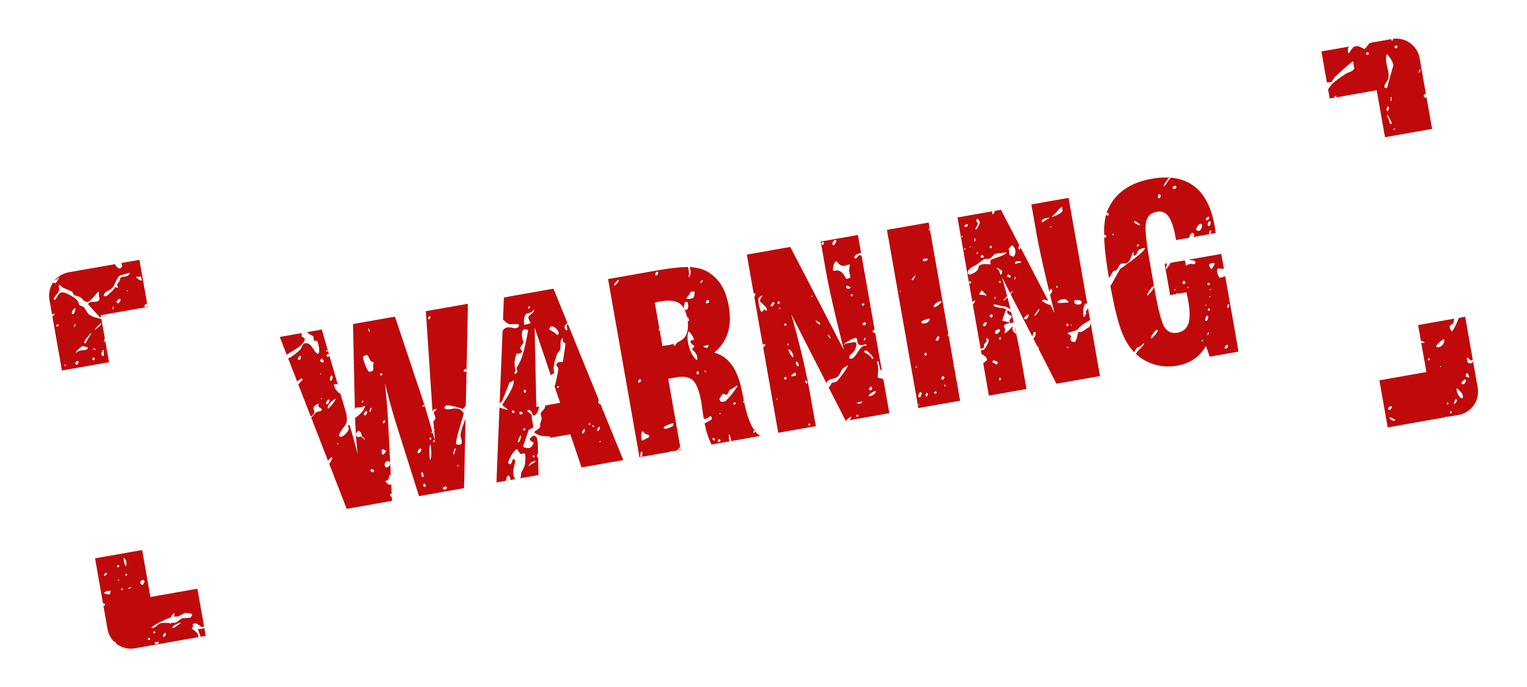The FDA has added a Black Box warning to the popular drug montelukast (brand name Singulair). A black box warning is one of FDA’s most significant label warnings, and in this case, there are recommendations to potentially change therapeutic decisions based on the severity of the diseases and the potential risk benefit
The new warning appearing on the brand and generic products reads:
Serious neuropsychiatric (NP) events have been reported with the use of SINGULAIR. The types of events reported were highly variable, and included, but were not limited to, agitation, aggression, depression, sleep disturbances, suicidal thoughts and behavior (including suicide). The mechanisms underlying NP events associated with SINGULAIR use are currently not well understood.
Because of the risk of NP events, the benefits of SINGULAIR may not outweigh the risks in some patients, particularly when the symptoms of disease may be mild and adequately treated with alternative therapies. Reserve use of SINGULAIR for patients with allergic rhinitis who have an inadequate response or intolerance to alternative therapies. In patients with asthma or exercise-induced bronchoconstriction, consider the benefits and risks before prescribing SINGULAIR.
Discuss the benefits and risks of SINGULAIR with patients and caregivers when prescribing SINGULAIR. Advise patients and/or caregivers to be alert for changes in behavior or new NP symptoms when taking SINGULAIR. If changes in behavior are observed, or if new NP symptoms or suicidal thoughts and/or behavior occur, advise patients to discontinue SINGULAIR and contact a healthcare provider immediately.
The addition of a black box warning to a prescription medication may influence prescribing habits (“safety warnings lead, do not lead, or partially lead, to an intended or unintended change in drug therapy”). One study (here) evaluating the prescribing consequences of adding a black box warning, show that the warning had the least impact on antipsychotic medications that mostly all have the same type of warnings regarding neuropsychiatric event, while other therapeutic classes of medications showed a greater impact on prescribing based on the risk benefit ratio. Montelukast is approved to treat asthma and allergic rhinitis. While there are many other options available to treat these disease states, the Agency implies that unless the symptoms of disease are severe, the use of the drug in milder disease may outweigh the benefits.
The FDA announcement for the inclusion of the stricter warning due to the use in allergic rhinitis may be found here. The impact on patients and health care practitioners use of montelukast may be interesting to follow.



